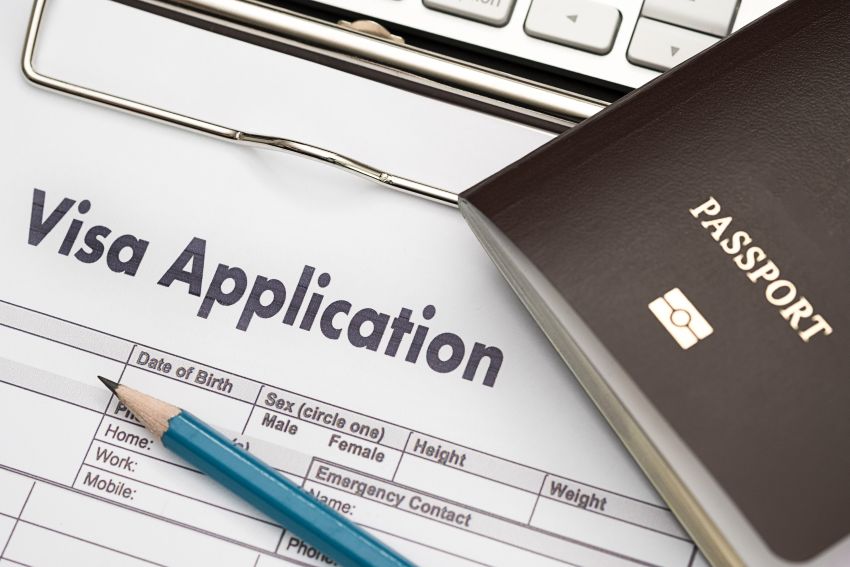When you carry a permanent resident visa or migrant visa, you can live and work in Australia, no matter the circumstances. It’s important to note that migrants aren’t considered citizens, but they still have the choice to become one if they meet all necessary criteria.
However, navigating these requirements can sometimes be overwhelming or complicated to process. In this post, we’re covering what you need to know about immigrating to Australia – from family matters through to employment and more.
Which visa do you need?
This is where it can get a little confusing, which is why we recommend having a specialised professional – like our team – guide you through the process.
The main visas concerned with becoming an Australian citizen include:
- Family-based: As a permanent residency, this visa means you may be eligible to immigrate to Australia if you have a family member that is either a citizen or permanent resident. Family sponsored visa includes partners, children and dependents.
- Work-based: This includes employer-sponsored and general skilled options. The first covers an Australian employer who is sponsoring a foreign worker in Australia. The latter is for those that aren’t being sponsored but carry a valued skill in Australia. Alternatively, there are also pathways for ‘Skills Select’ visas, which means that workers have a certain skill that the country is desperately in need of. Doctors and nurses are also covered with a permanent residency on a needs-only basis.
Checking the requirements
In order to gain residency, you’ll need to ensure you meet all the outlined requirements. This can be time-consuming, so having a professional by your side to make sure everything runs as smoothly as possible is highly recommended.
To see if you meet all the necessary criteria, we recommend reading through the DHA website to learn more. You can find all related resources here.
Tip: If you need help applying for the visa, in particular, speak to our consultants for a step-by-step process. We can manage all documentation and matters from start to finish, allowing you a better chance at gaining your citizenship or residency, and avoiding the stress of navigating the situation alone.
Waiting for a decision to be made
Although it’s frustrating that you need to wait for the relevant bodies to run through your application, there is a waiting period involved with all visa processes. This can sometimes extend up to a couple of weeks or months, depending on the volume of applications at the time or how complex the decision is with your particular visa.
Remember that you’re not alone during this time. You have a supportive, experienced team by your side with AIM Lawyers. We’re here to help you through the dark and get the results you’re looking to achieve for you and your family.
RELATED: Do you need an immigration lawyer?
Find out more about our services by getting in touch with our team or by filling in our contact form online.


